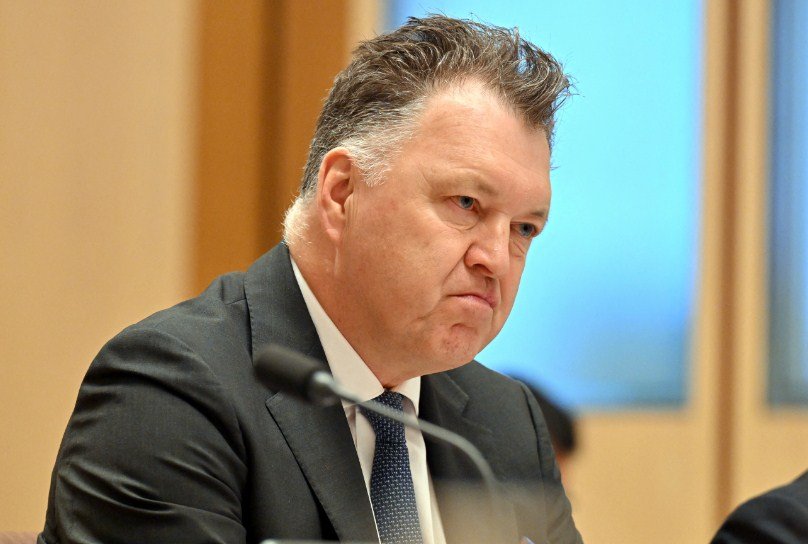PwC Australia faces Senate inquiry over tax scandal
PwC Australia’s chief executive Kevin Burrowes has apologised to a Senate inquiry for the leak of confidential tax documents, as he was grilled about the involvement of overseas offices and the culture of the firm. The inquiry, chaired by Senator Richard Colbeck, is investigating the consultancy industry and its impact on public policy and administration.
The inquiry has already published a report finding that PwC Australia engaged in “a calculated breach of trust” by leaking draft tax legislation to its clients, including multinational corporations and wealthy individuals, before it was publicly released. The leak gave them an unfair advantage and undermined the integrity of the tax system.
The report also revealed that PwC Australia used a secret offshore entity, PwC Global Policy Services (GPS), to influence tax policy in Australia and other countries. GPS was based in London and operated by PwC UK, but was not disclosed to the Australian authorities or the public.
PwC Australia admits more breaches of confidentiality
In his opening statement, Burrowes admitted that an internal investigation by PwC Australia had uncovered more breaches of confidentiality than previously reported. He said that 12 staff members had accessed the draft tax legislation, and that six of them had shared it with 13 clients. He also said that GPS had received the draft legislation from PwC Australia, and that it had shared it with two clients.
Burrowes apologised “unreservedly” for the leak and the misuse of confidential information, and said that the firm had taken disciplinary action against the staff involved, including terminations and pay cuts. He also said that the firm had implemented new policies and procedures to prevent such incidents from happening again.
He claimed that the leak was “an isolated incident” and that it did not reflect the values or culture of PwC Australia. He also denied that there was any collusion or coordination between PwC Australia and GPS, or between PwC Australia and its clients, to influence tax policy.
Senate inquiry chair calls PwC Australia’s practices ‘crap’
However, Burrowes’ apology and explanation did not satisfy the inquiry chair, who expressed his anger and frustration at PwC Australia’s behaviour. Senator Colbeck said that he was “deeply offended” by the firm’s breach and misuse of confidential tax policy, and that he had lost trust and confidence in PwC Australia.
He also criticised the firm’s culture and governance, saying that it was “almost depressing” to read the inquiry’s report, which exposed how “crap” things were inside PwC Australia. He questioned how the firm could claim to be a trusted adviser to the government and the public, when it had betrayed their trust so blatantly.
He asked Burrowes to explain how PwC Australia could justify charging high fees to its clients, when it was providing them with information that it had obtained illegally. He also asked him to explain how PwC Australia could ensure that its overseas offices, such as GPS, were not engaging in similar or worse practices in other jurisdictions.
PwC Australia faces potential legal action and reputational damage
The inquiry is expected to make further recommendations on how to regulate and oversee the consultancy industry, and how to hold firms like PwC Australia accountable for their actions. The inquiry may also refer PwC Australia to the Australian Federal Police or the Australian Taxation Office for potential criminal or civil prosecution.
The leak of confidential tax documents has also damaged PwC Australia’s reputation as one of the leading professional services firms in the country. The firm has been awarded more than $537 million in Commonwealth contracts in the past two years, making it one of the biggest beneficiaries of public spending on consultants.
However, some of its clients may reconsider their relationship with PwC Australia, given the risk of being exposed to legal or ethical issues. Some of its staff may also lose their morale or motivation, given the negative publicity and scrutiny that the firm is facing.

